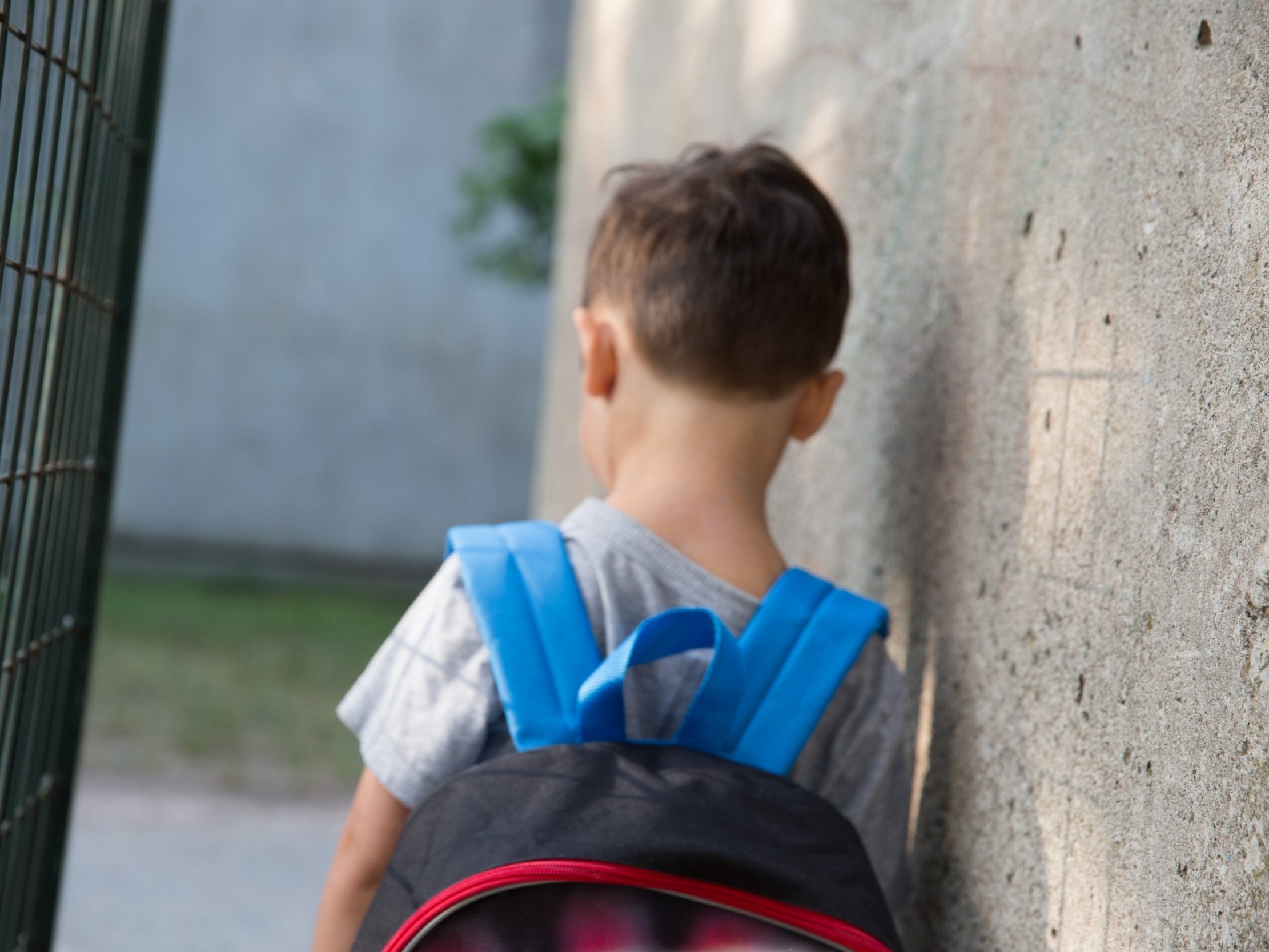Government attacked over child mental health plan and told it is ‘sleepwalking into deepening crisis’
'If the government does not rethink its approach then it runs the risk of letting down future generations'

The government has been accused of “sleepwalking into a deepening crisis” on child mental health and attacked for its flagship plans to improve it.
Hundreds of mental health workers will be trained to work in and near schools from the end of next year to help boost young people’s wellbeing, after the government confirmed plans will go ahead.
But the Barnardo’s children’s charity said the £300m approved plan – first set out in a green paper last year – would still leave hundreds of thousands of children without the help they desperately need.
It said it was “disappointed” that the government’s plans will only reach a quarter of the population over the next few years, adding that it was too little, too late.
The government’s proposed pilot for a maximum four-week waiting time to see a mental health specialist was not good enough, it said, before suggesting that children should instead be seen in days.
“Theresa May has described mental illness as a burning injustice that required a new approach from government,” said Barnado’s chief executive Javed Khan. “However, actions speak louder than words. The government’s response to the green paper consultation does not show enough action on how as a society we are going to stop sleepwalking into a children’s mental health crisis.
“The response has let down the children who gave their views about the problems with the green paper and if the government does not rethink its approach, it runs the risk of letting down future generations too.”
The charity has called on the government to use some of the £20.5bn funding promised to the NHS to tackle children’s mental health and bring waiting times down across the country.
The scheme – which the government has set out in its response to its consultation – will initially be rolled out in “trailblazer” locations from next year. Seven universities and colleges will offer education mental health practitioner courses from January.
An NSPCC spokesman said the government was right to recognise that schools played an important role in supporting the mental health needs of young people.
But they said the scheme “leaves too many children with no extra support in the short term. We need swift help for all our pupils, in every school. Not just those chosen to trailblaze.”
Paul Whiteman, general secretary of school leaders’ union the National Association of Head Teachers, said: “Although we recognise that the initial trailblazer pilots are important first steps towards long-term improvement, our concerns remain for the children, young people and schools who may still see no improvement in mental health support in their area for many years.
“With only 20-25 per cent of the country involved over the next five years, too many children and young people will continue to struggle without help, their health and education suffering based on a postcode lottery.”
Mr Whiteman called on the departments of education and health to find ways to increase the pace of the rollout of these teams across the country.
Matt Hancock, health and social care secretary, said: “Children and young people must feel supported with their mental health needs and I am determined to keep people healthy, treat their problems quickly and provide services closer to home.
“By creating a dedicated new workforce in schools, which when in post could equate to more than the entire total current child and young person’s mental health NHS workforce, we will support each and every child in fulfilling their potential as we transform mental health services in this country.”
Damian Hinds, education secretary, said: “Young people today face different pressures from those of the generations before them and, at times, it can prove difficult to know how to navigate them. I want to make sure that when signs of mental illness appear, young people know where they can access appropriate support.
“Teachers already do so much to support their pupils and we want to support them further to improve the important work done between schools and local NHS services to make sure young people can get that help quickly.”
Sean Duggan, chief executive of the Mental Health Network, said: “What has been confirmed today could be a shot in the arm the system so desperately needs – there are welcome commitments on workforce, waiting times and an all-important strengthening of links between education and health care providers.”
But he added: “More fundamentally, mental health services are lacking the funding they need. So we look forward to working with the new secretary of state to put things right through the long term NHS investment.”
Subscribe to Independent Premium to bookmark this article
Want to bookmark your favourite articles and stories to read or reference later? Start your Independent Premium subscription today.

Join our commenting forum
Join thought-provoking conversations, follow other Independent readers and see their replies